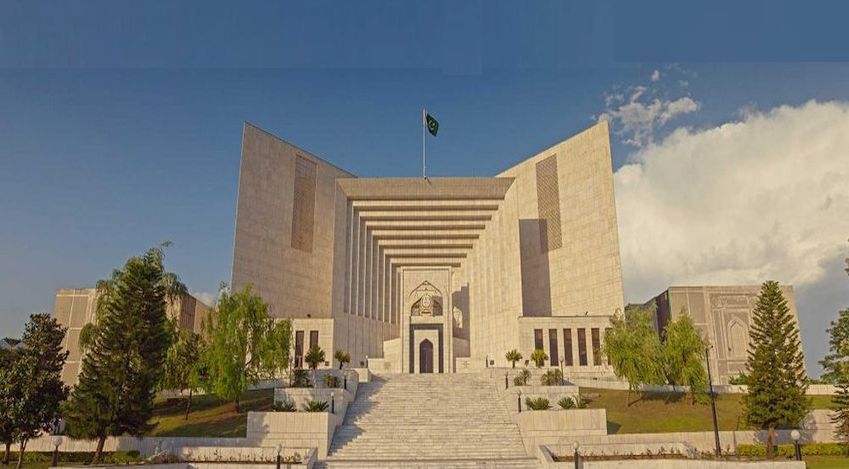Grievance Petitions must be filed within the Timeframe prescribed by Law --- Delays without Valid Justification cannot be Condoned --- Supreme Court of Pakistan
Islamabad 04-12-2024: In a landmark ruling, the Supreme Court of Pakistan emphasized the critical importance of adhering to statutory timelines in labor disputes. The judgment, delivered by a three-member bench led by Mr. Justice Muhammad Ali Mazhar, overturned a Lahore High Court decision that reinstated a former cashier of Muslim Commercial Bank Limited (MCB), Muhammad Ajmal, 22 years after his dismissal.
The case revolved around Ajmal’s dismissal in 1975 on charges of misconduct. His grievance petition, however, was filed in 1997, far exceeding the three-month limitation period stipulated under Section 25-A of the now-repealed Industrial Relations Ordinance, 1969 (IRO 1969).
The Court highlighted that grievance petitions must be filed within the timeframe prescribed by law. Delays without valid justification cannot be condoned, as outlined under Section 25-A of the IRO 1969 and other provincial labor laws.
Criticizing both the Labour Court and the Lahore High Court, the Supreme Court of Pakistan noted that they failed to address the issue of limitation, resulting in judgments that were legally unsustainable.
The Court underscored the legislative intent behind labor laws to ensure expedited dispute resolution, preventing prolonged litigation that could exacerbate workers’ financial hardships.
Relying on the precedent set in M.S. Ahlawat Vs. State of Haryana & another (AIR 2000 SC 168), the Court reaffirmed the judiciary’s duty to correct errors, emphasizing that perpetuating procedural lapses undermines the rule of law.
The Supreme Court of Pakistan restored the 2002 judgment of the Punjab Labour Appellate Tribunal, which had rejected Ajmal’s grievance as time-barred. The Court reiterated the principle of “Leges vigilantibus non dormientibus subservient” the law aids the vigilant, not those who sleep on their rights.
This judgment sets a precedent reinforcing the necessity of procedural compliance in labor disputes. It serves as a reminder to both employees and employers of the importance of adhering to statutory timelines, ensuring that legal remedies are pursued promptly.
Powered by Froala Editor








